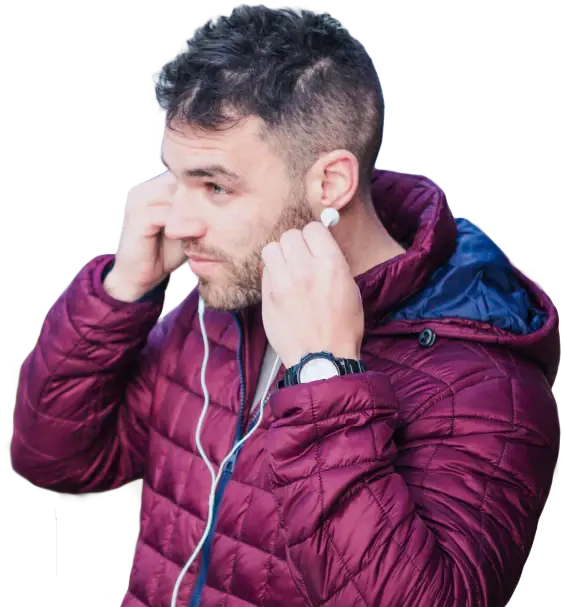
Episode: 348
Monday, September 27, 2021
Professor Jennifer Etnier on How Exercise Improves Memory Retention, The Impact Of Sleep Deprivation On Performance and Sport Psychology (Process vs Outcome)!
Today on the podcast:
loading...

Episode: 348
Monday, September 27, 2021
loading...